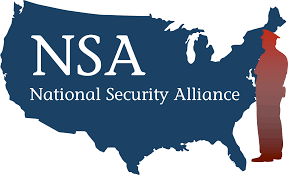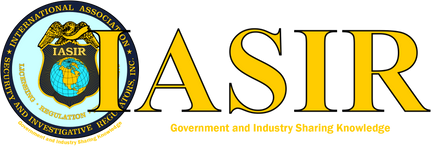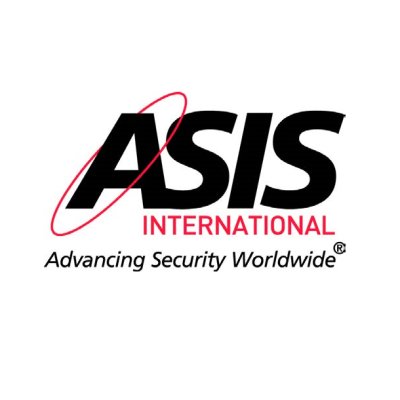Continuing Ed: Situational Response, Part 2 (4 Hours)
Continuing Ed: Situational Response, Part 2 (4 Hours)
 92% Completion
92% Completion
 1000’s of Graduates
1000’s of Graduates
 State Approved
State Approved

Advance Your Security Career While Meeting License Requirements!
Enhance your skills with our courses that count towards Guard Card license continuing education credits. Invest in professional growth and compliance.
**Disclaimer: Please verify course suitability with your state's licensing authority. Online, self-paced training must be recognized for credit. For information on specific state requirements, visit https://www.iasir.org/licensing, select your state, and refer to the regulatory agency’s guidelines.
Course Description: The subjects we will discuss in this course are:
- Fire Safety and Hazardous Materials
During and immediately following a severe emergency, the first priorities of professional fire services are safety of life and extinguishing major fires. They may be hampered by impassable roads, inadequate water supply, weather conditions, burning material and inadequate resources. Security officers play a very important role in fire safety by:
- Preventing fires by locating and reporting potential fire hazards.
- Extinguishing small fires before they become major fires.
- Eliminating additional fires by removing nearby fuel sources.
- Shutting off utilities, when necessary and safe to do so.
- When a fire is beyond the ability of security officers to extinguish, security officers need to protect the safety of those endangered by evacuating the area and establishing a perimeter.
- Basic First Aid
This module explains the active and important role that private security officers can provide to an organization during emergencies involving serious injuries to people. The goal of disaster medical response is to do the greatest good for the greatest number of victims. In a disaster, there will usually be more victims than rescuers and immediate help will often not be available.
In a disaster with many victims, time will be critical. Security officers will need to work quickly and efficiently to help as many victims as possible in order to save as many lives as possible. It is important that security officers be trained to provide treatment for life-threatening conditions, such as airway obstruction, bleeding and shock, as well as for other, less urgent, conditions they might encounter in emergency situations.
- Campus Safety and Security
In this module, we will discuss the elements of campus safety and security and the role of a security officer. Campus safety and security mean different things to different people. The word "campus" has traditionally meant institutions of higher education, but recently the word has come to include K-12 schools as well. We will focus on college campus safety and security here, and we will primarily concern ourselves with the "legal" aspects of the subject – namely, what needs to get reported and how it is to be reported under the law.
CE Hours: 4.0
































